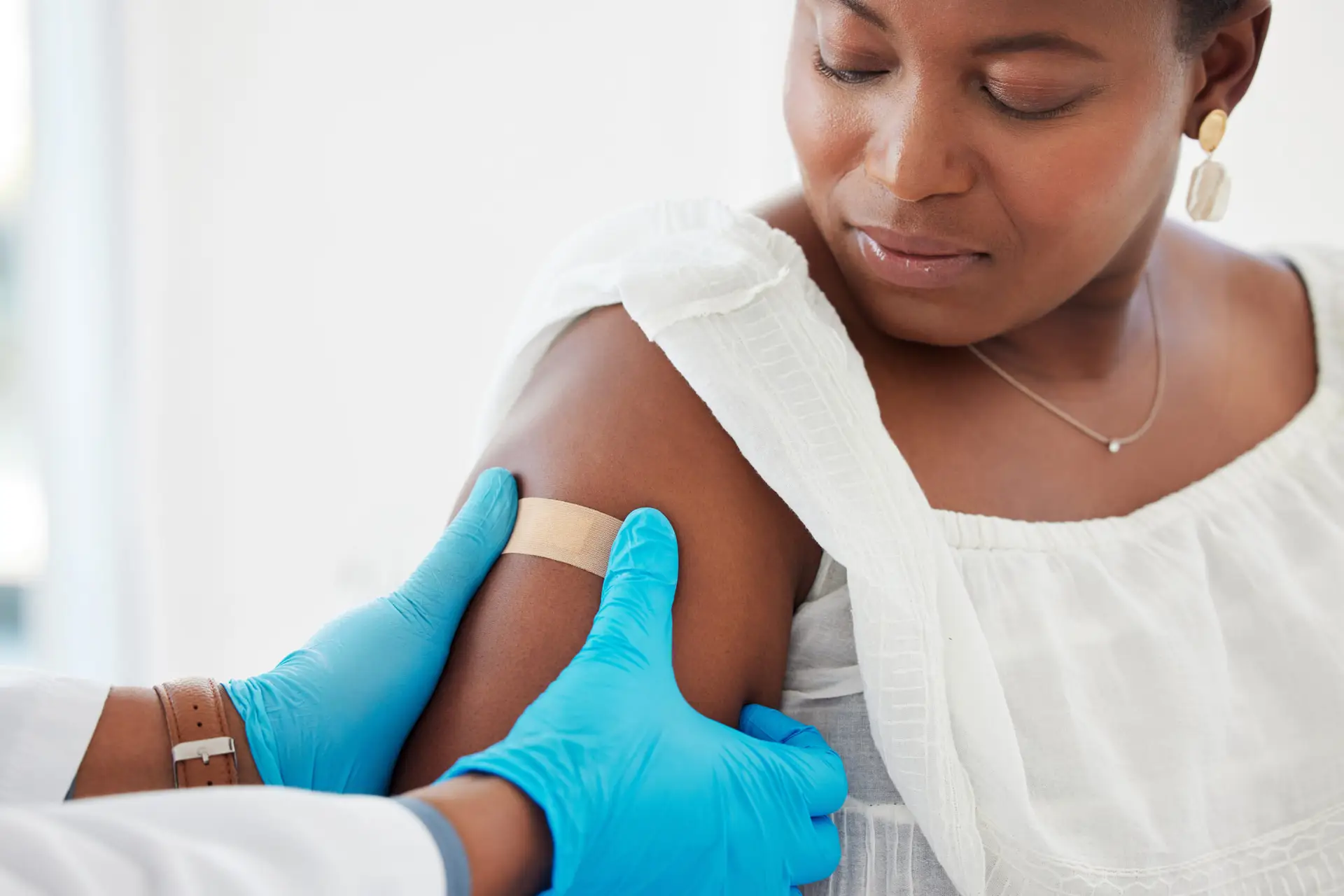Traveling solo can come with the occasional unexpected moment, like a surprise monkey encounter at a temple or a curious street dog getting too close. While most animal interactions are harmless, it’s important to know what to do if you’re bitten, scratched, or even licked by an animal while traveling, especially in destinations where rabies is still a concern.
Disclaimer: This article is intended for informational purposes only and does not constitute medical advice. Always consult with a healthcare professional or travel medicine specialist regarding vaccinations, post-exposure treatment, or medical concerns before or during travel. In the event of an animal bite, scratch, or wound abroad, seek professional medical care as soon as possible!
Rabies:
What is rabies?
Rabies is a deadly viral infection that affects the nervous system and is most often transmitted through the saliva of infected animals via bites, scratches, or even licks on broken skin.
High-risk regions:
Rabies is still present in parts of Asia, Africa, Central and South America, and Eastern Europe. Monkeys, dogs, bats, and even cats can carry the virus.
When you might need a rabies shot while traveling:
- You were bitten or scratched by a wild or stray animal in a rabies-risk area
- An animal licked broken skin or mucous membranes (like your eyes or mouth)
- You were bitten by a bat, anywhere in the world
What to do:
- Immediately wash the wound with soap and running water for at least 15 minutes. This can greatly reduce your risk.
- Apply an antiseptic, like iodine or alcohol, if available.
- Seek medical care ASAP, even if you’ve had pre-travel rabies shots, you may still need additional doses.
- Please don’t wait to see if symptoms appear. Once they do, rabies is almost always fatal.
Pre-travel tip:
If you’re headed somewhere remote or high-risk (hello, jungle treks or monkey sanctuaries!), ask your doctor if a pre-exposure rabies vaccine makes sense for you. It’s a 2–3 dose series that buys you time and simplifies treatment if you’re exposed.
Tetanus:
What is tetanus?
Tetanus is a bacterial infection caused by Clostridium tetani, often found in soil, dust, or animal feces. It enters through cuts, punctures, or bites and causes painful muscle spasms and stiffness.
You might need a tetanus shot if:
- You haven’t had a tetanus booster in the last 10 years
- You sustained a deep or dirty wound, especially in rural areas
- You were bitten or scratched by an animal, especially in a developing country
What to do:
- Clean the wound thoroughly, even small cuts.
- If you’re unsure about your vaccine history or it’s been over 5 years, see a healthcare provider—they may recommend a tetanus booster.
- If the wound is serious or you’re in an area with poor sanitation, don’t delay care.
Travel Smart: Prep Before You Go
Before your trip:
- Check if your tetanus booster is up to date
- Consider a rabies pre-exposure vaccine if you’re traveling to higher-risk areas
- Download a medical translation app to help explain situations in local clinics
- Bookmark the address and contact info for English-speaking medical clinics in your destination
If You’re Bitten or Scratched: Quick Checklist
Wash the wound with soap and water
Apply antiseptic if available
Seek medical help within 24 hours (much faster if rabies could be a concern!)
Ask about both rabies and tetanus risk
Follow up on any vaccine schedule or post-exposure treatments
Please Practice “Better Safe Than Sorry”
It’s easy to brush off a small scratch or assume a “cute animal” is harmless, but in some parts of the world, even a tiny wound could carry serious risk. Prepping before you go, and knowing when to take action, can make all the difference.






